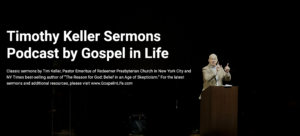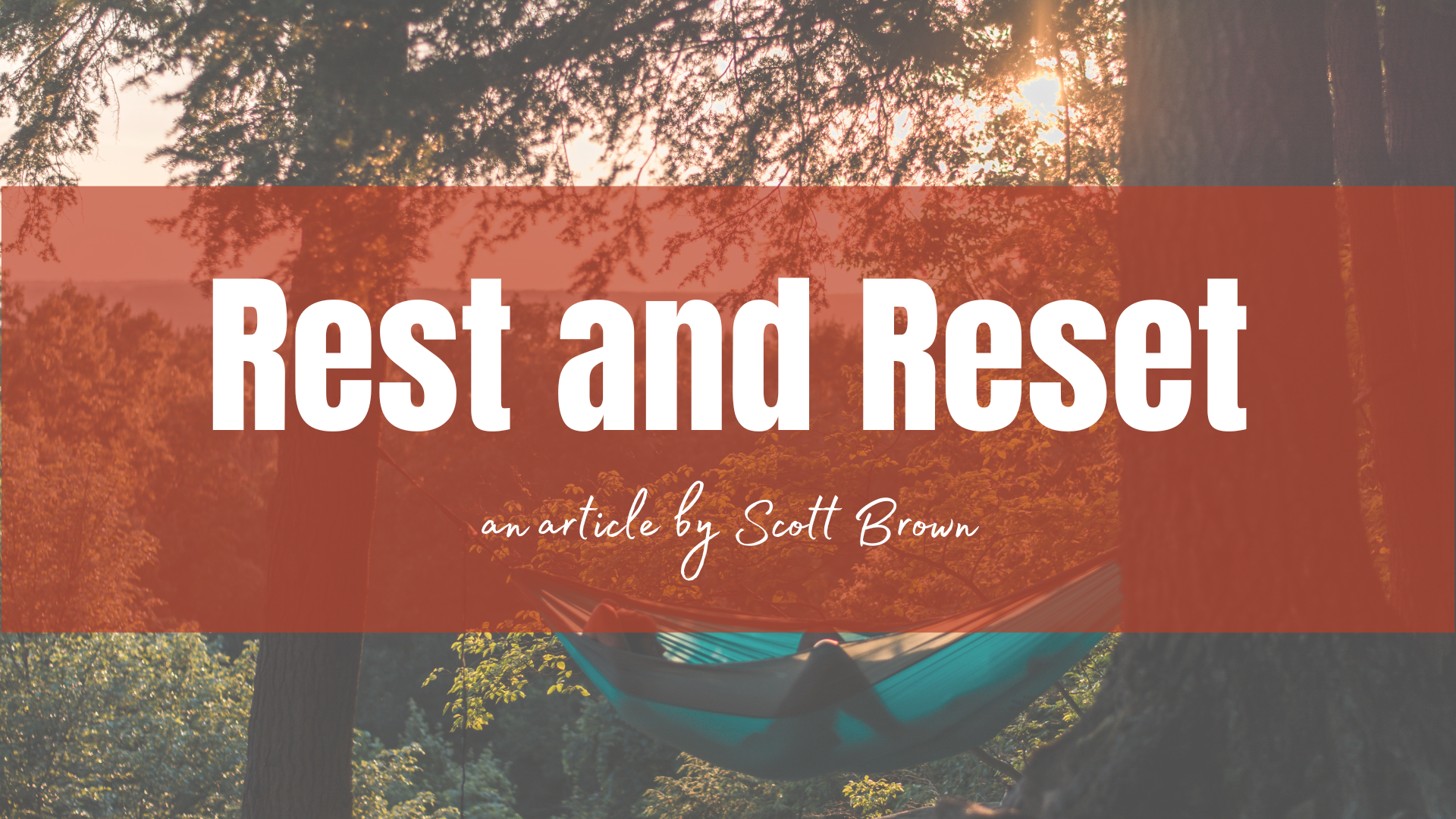Working in an economic society can quickly become consuming. In one moment it can be an empowering facet of a holistic life, and in the next it can be a desperate clutch for survival. The fact of the matter is, we live in an economic society. One that fluctuates rigidly at times. Workism is one response to this rigid fluctuation of power, influence, and financial stability. 
Hand-Me-Down Workism
Workism at its core is a reach for power. It’s a grasp toward stability that we feel we can create on our own. Naturally, in a shifting world of suits & wooden faces, we want something more stable than the sand we often stand on. To that, workism is presented as a man-made solution. Advertised as the way to secure your position in the world, workism parades itself throughout the marketplace offering a sense of stability with the flavor of an evolving American work ethic. It’s like eating a microwave dinner that tells you it contains all the nutrients you need to be healthy. Right. Yet, we buy into it – just like the microwave dinners.

Image from 107.7: WRKR
Workism is convenient. It’s already built into the system. We have a nation founded on centuries of hard work; how much easier is it to tell the people to simply work harder, longer, and with less rest if they are already expecting to? This is what workism does. It sells the philosophy that hard work pays off, but it keeps you coming back for more hard work and less paying off. Who would have thought? It’s easy to become the victim here. It’s easy to want to keep up with the fast pace of corporate America. It’s easy to follow the ruthless depictions of successful business men & women that look straight out of The Devil Wears Prada. (Yes, I’ve seen it).

from Vanity Fair: Meryl Streep in “The Devil Wears Prada”
The all-consuming careers of powerful men & women seem to loom over us, becoming the impending outcome of what we are being schooled for. Workism has found its new niche. Why not start ‘em young? Think of Grey’s Anatomy for a moment. Or, if you haven’t seen it, picture what it might be like. Doctors live this all the time – consuming careers and insatiable demands to meet, even as residents, or students. This becomes the new norm, the expectation for the marketplace. This is a flavor of workism that comes both through romanticized media, but also through real life experience. Long hours, sacrificed social lives & families, and the crushing weight of professional competition become the standard we assume to live by. This is truly workism at its finest.
The Gospel and Workism
I remember reading a book by Tim Keller where he talked about the nature of competition versus compassion. This competitive nature is the heart of the world we live in, but Keller, via the Bible, calls Christians to lean into compassion over competition.

Check out resources from Tim Keller
Looking at the world through competition creates a bitter rivalry between people – it reminds us that the world says, “there is only enough room for one person in this town”. Pressure mounts between projects, tasks, and serving the boss. In this state of competition, people are more prone to cut corners, hurt one another, and trample their way to the top. And, whoever burns their outside life more, wins. Just like The Devil Wears Prada! (This is a fantastic movie to watch workism in real-time). Both workism and the Gospel preach a similar message: lose your life to find it. However, only one restores true purpose, value, and meaning to you, while the other strips it away. Can you guess which is which? Jesus reminds us in the Gospel that nothing is to stand between our relationship with Him. Not family, not friends, and not work. He says,
“Whoever loves father or mother more than me is not worthy of me, and whoever loves son or daughter more than me is not worthy of me.” (Matthew 10:37).
Yet, what is workism? It is an idolatry of work – putting work in the place of God and worshipping what we can do with our hands instead of Him. Idolatry is sin, and what does sin do? It separates us from God. This idolatry is what Jesus refers to, even within our own families. If we value something, or someone, more than Jesus, more than honoring God and trusting Him for our salvation & needs, we are practicing idolatry. Workism, thus, ultimately separates us from God; His protection, blessing, and provision. What Jesus does in Matthew 10:37 is a reminder that the Gospel brings not just peace, but also division, and that our commitment to the Gospel doesn’t equate to the commitment to the world’s desires. Therefore, commitment to the Gospel may require you to make some sacrifices with work that not everyone else is willing to do. This means that practicing the idolatry of work is not for the believer, regardless of what the world around them may do. Workism may preach a never-quit, never-rest message, but the Gospel preaches peace, restoration, and rest. This is the divide for us as believers. While others may be clocking in ungodly hours to make advances that you feel unable to match, rest assured, the Lord will honor your decision to make the Gospel a priority in your work life.  Understanding the Gospel-centric necessity of living first for Jesus, next for our families, and third for work will help us to radically transform our concept & understanding of work and where our value is. Gospel theology must transform work theology for the Christian.
Understanding the Gospel-centric necessity of living first for Jesus, next for our families, and third for work will help us to radically transform our concept & understanding of work and where our value is. Gospel theology must transform work theology for the Christian.
Rest & Reset
Reaching back to the beginning of the article, we are reminded that we live in an economic society. We have financial needs – requirements such as bills, tuition, and groceries that need to be covered. With workism knocking at the door of our needs, how can we manage the tension of resting effectively while still meeting these needs for ourselves & our families? Truly, the answer may not seem logical to us today. While we are surrounded by a world that tells us to “Work, Hustle, Kill,” we are expected to trust that God is faithful to His word to provide for us as we honor Him and His commands. Rest happens to be one of those commands.
“Remember the Sabbath day by keeping it holy.” (Exodus 20:8).
Further, the LORD reminds us in Isaiah that He rewards this Sabbath rest.
This rest is an opportunity for worship to the Lord. To say thank you for all He has done and will continue to do, including providing for us, for you, His people. This rest & reset puts our worship back in the right place, fixing our heart, eyes, and mind back where they belong: on Him. If we do this, we will naturally find our work falling back into the right place, putting workism out the back door.





